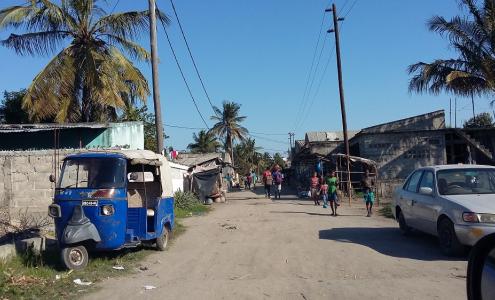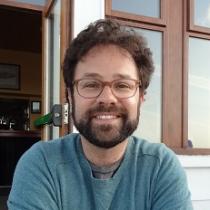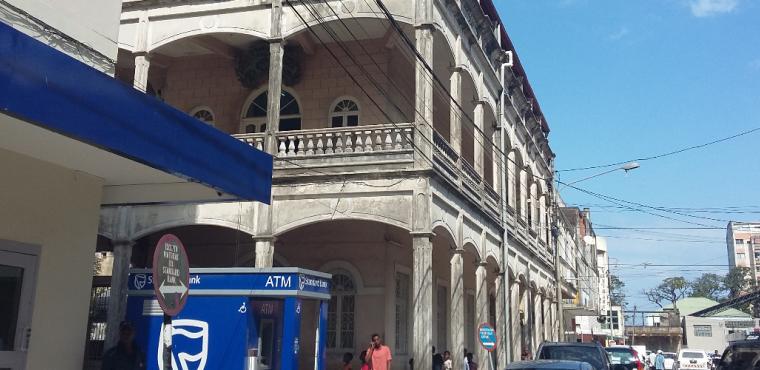
Project Details
Improving grid access and reliability in Mozambique
A political-economic analysis of electricity grid access histories and futures in Mozambique
Background, challenges and context
Research addressing energy access in the Global South has primarily focused on rural areas, where access is often completely absent. There is a paucity of research into expanding energy access in the peripheries of cities.
In Mozambique, an ageing transmission and distribution network connects all provincial centres and districts, bypassing extensive rural areas. Yet, many communities located on the urban-rural periphery outside major cities have been neglected, both by grid network extension efforts and off-grid projects, even though energy service needs in these areas have been growing rapidly in recent years.
Research overview and objectives
The aim of this project is to provide empirical analysis that will generate decision-support tools and aid policy making to improve grid access and reliability in Mozambique.
It will assess the barriers to electrification related to energy planning, uptake, informal energy economies, and social practices of energy use in the home and public health. It will also analyse the changing role that policy implementation and governing institutions play in energy planning, electricity grid access, and reliability assurance in urban and peri-urban regions, while also seeking to understand how regional differences in both historical infrastructure development and political governance shape electricity access outcomes across different urban/peri-urban contexts.
The team will combine a historical institutional analysis of the political-economic factors shaping network development in three of the country’s cities – Maputo (South), Beira (Centre) and Nampula (North). Using oral history interviewing, the team will assess how the recent histories of electricity infrastructure network development in Mozambique have shaped energy access, and how social, technical, historical, and institutional path dependencies can be addressed to improve grid access, reliability, and socio-economic development.
The team will then directly involve stakeholders to ‘back-cast’ desirable grid access futures. The innovative process of back-casting involves setting policy goals and then determining how those goals could be met. In partnership with a range of stakeholders from industry, government, and civil society, the team will generate desirable and sustainable future energy scenarios, while building consensus on a series of policy solutions and practical actions that can be taken.
The results of these activities will be synthesised through one-to-one capacity development meetings, reports, policy briefs, workshops, targeted seminars and webinars, working papers, and open access publications to improve grid access outcomes, economic enhancement, and institution building.
The team expects the project to enhance the knowledge base of a wide range of stakeholders in the region. It should contribute to improved energy service and investment decisions in Mozambique and should foster effective policy decisions for ensuring affordable and redistributive energy services.
Local partners
University of Eduardo Mondlane, Maputo (Boaventura Cuamba, Professor of Renewable Energy Physics)
Observatory of Rural Areas (OMR), Maputo (Dr João Feijó, Researcher and Coordinator)
Centre for Research on Governance and Development (CPGD – Centro de Pesquisas sobre Governação e Desenvolvimento) (Dr Carlos Shenga and Ms Lorraine Howe)




